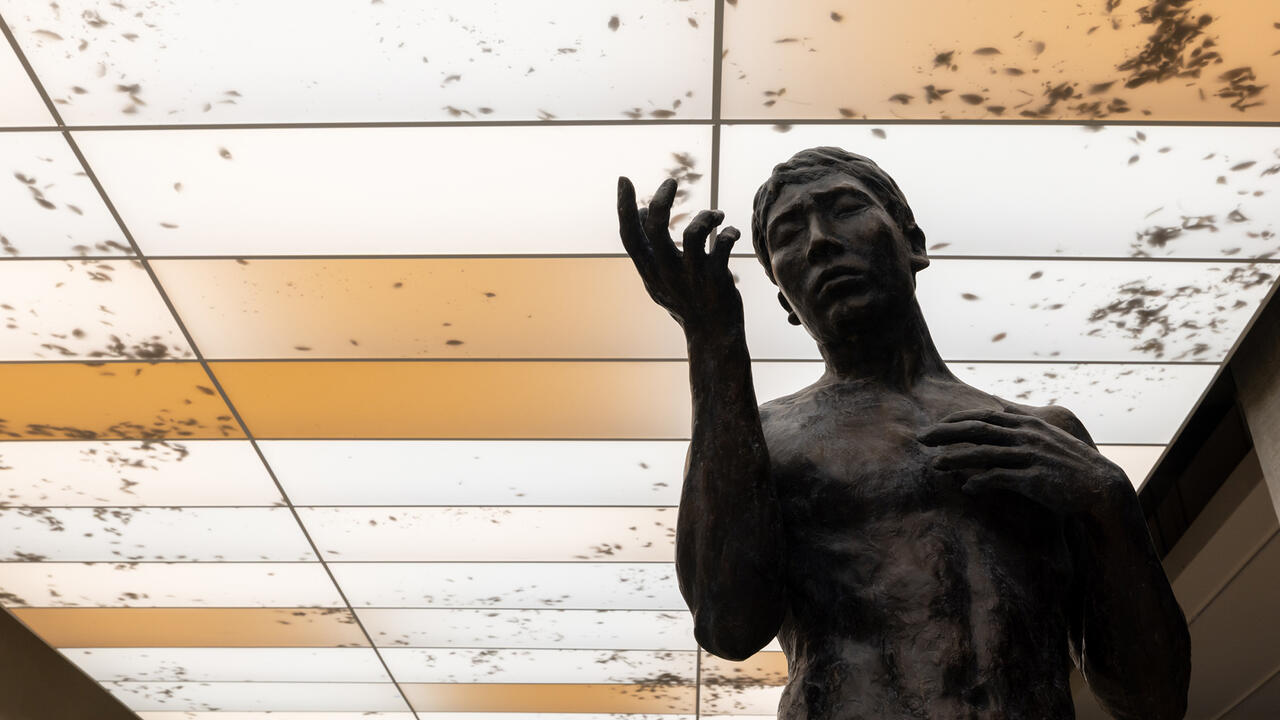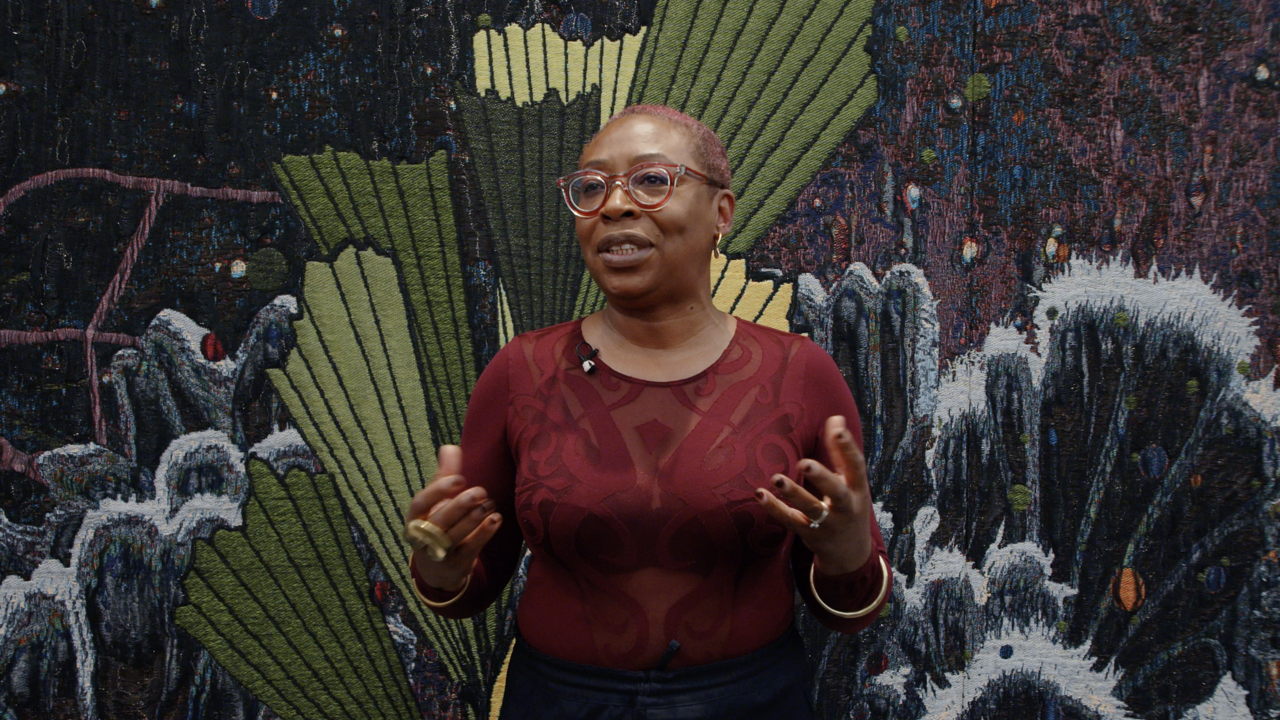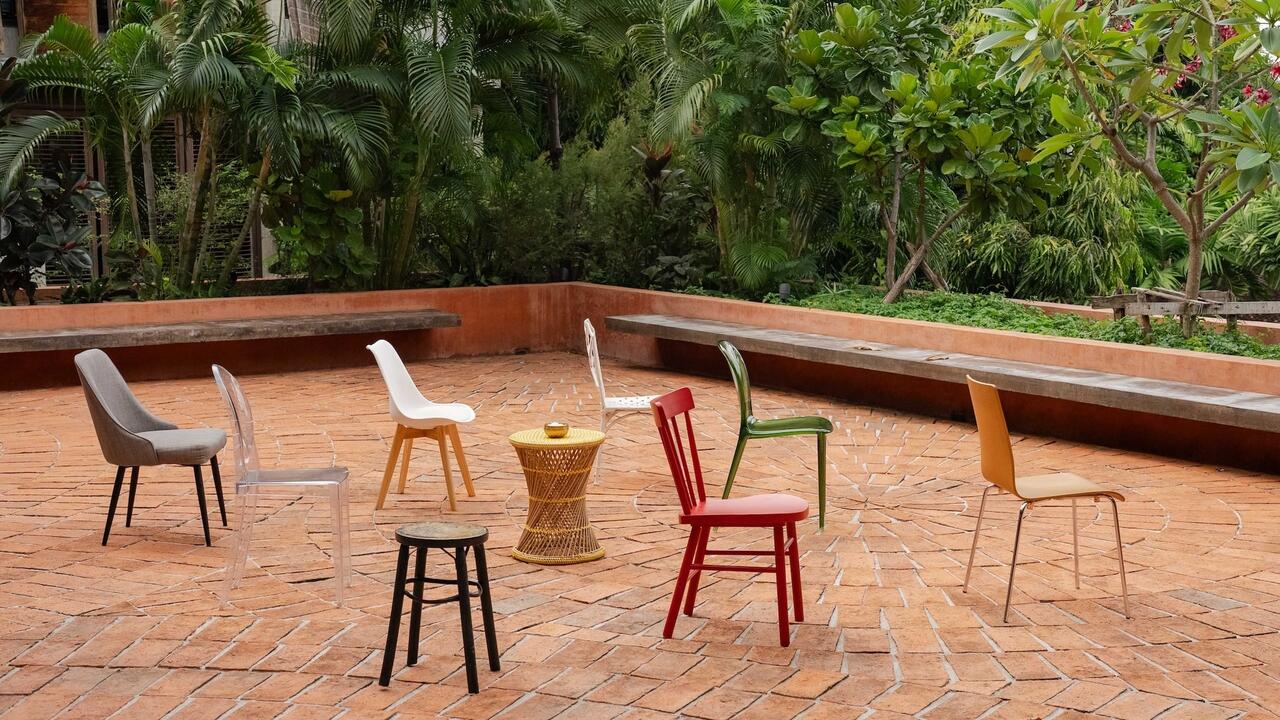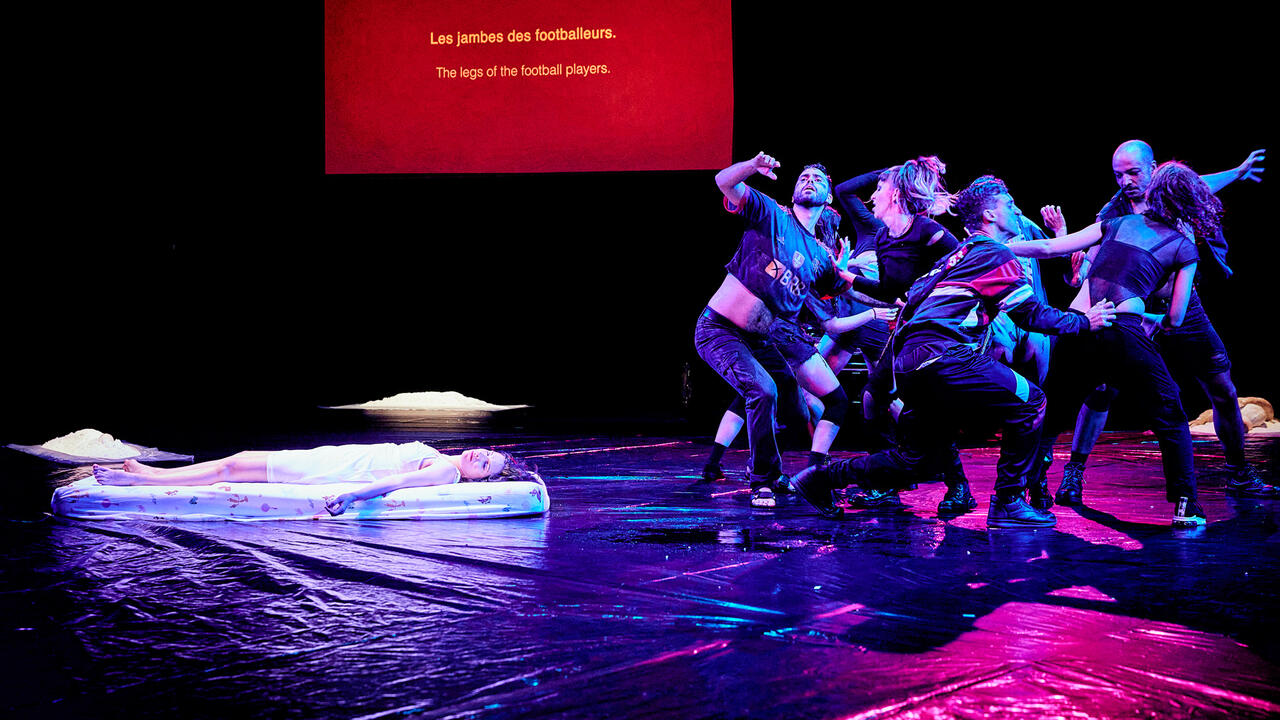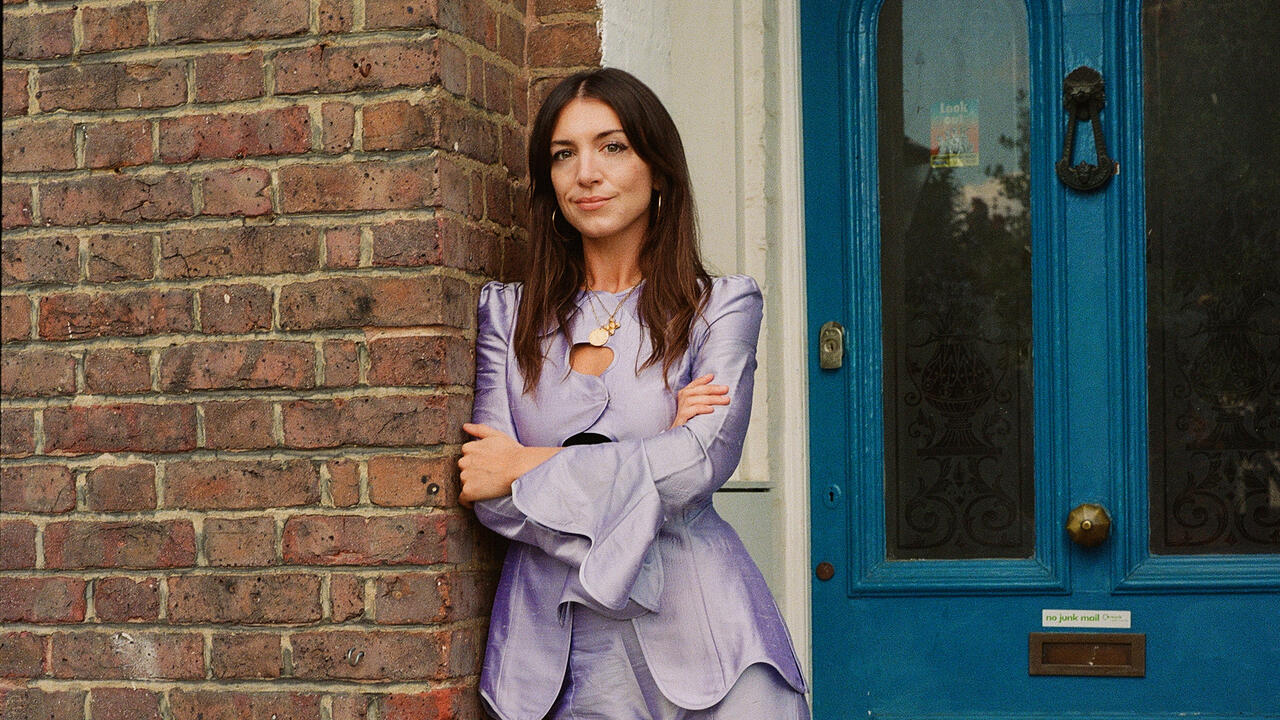Ah, Feminism
A plethora of feminist-related arts activity in 2007 begs the question – why now?
A plethora of feminist-related arts activity in 2007 begs the question – why now?
At a feminist symposium in Utrecht last spring a member of the audience asked: ‘Why is Feminism suddenly so hip right now?’ The question is, of course, faintly ludicrous, but it was a serious – and a disgruntled – one, suggesting as it did that ‘Feminism’ was just another faddish topic of discussion (placed somewhere between ‘the political’ and ‘on beauty’ perhaps). Yet surely ‘Feminism’, in all its forms – from a critical approach informing a range of academic discourses to advocacy for women’s rights – is ever-present. Looking at the plethora of feminist-related arts activity coming up in 2007 – conferences, symposia and exhibitions ranging from the academic to the more free-form and experimental – the question is understandable. It is now around 50 years since the burgeoning of the second phase of the international women’s movement; perhaps this current interest has to do with enough time passing to make possible an atmosphere of celebration, combined with the fuzzy, bohemian nostalgia that pervades the art world, as much as it has to do with the daughters and sons of the movement coming of age – especially the daughters, particularly in the West. These are women who have experienced a feminist-informed system of education and now reached positions of power: women who are able not just to look back, make connections and reappraise but also to green-light the exhibitions and projects that explore these very themes.
The aforementioned symposium in Utrecht was one stage in the ongoing research platform/conference/exhibition/publication entitled ‘If I Can’t Dance I Don’t Want To Be Part of Your Revolution … Feminist Legacies and Potentials in Contemporary Art Practice’, curated by Frederique Bergholtz and Annie Fletcher. The project has now been running for a year or so, and has been manifested in different forms and locations across the Netherlands. The ‘edition’ I witnessed included presentations, or rather ‘performative papers’, by art historians and critics Jan Verwoert and Dorothea von Hantelmann, artists The Otolith Group, Karl Holmqvist and Frances Stark, a round-table discussion chaired by Fletcher, a screening of Vera Chytilová’s film Sedmikrásky (Daisies, 1966) and a programme of films by Yvonne Rainer. Circling around ideas of agency, change and difference, previous and subsequent editions have included explorations of global feminisms and performativity through connections between different generations, and non-didactic positions that resist easy categorization. Through a combination of clear direction and an openness to engage with new content and form, ‘If I Can’t Dance’ raises the bar in terms of how to structure a research project or schedule a symposium as much as in facilitating ongoing constructive dialogue and connections for participants and audience alike. Conference organizers of 2007, take note.
During the symposium that I attended there was much discussion of whether Feminism is a given in everyday life and how this may or may not inform artistic practice and identity – artist Eva Rothschild, for example, posed the question: ‘If I consider myself a feminist, does that then mean I make feminist art?’ Also articulated by Von Hantelmann, discussing the relation of Feminism and performativity as read through Judith Butler, was the desire to address the legacy of Feminism as a theoretical achievement, one that reshapes and renegotiates the idea of transformation in relation to society, politics and art and to elevate discussion beyond engendered body politics and, by extension, the activities of lobby groups. Von Hantelmann’s point did indeed raise the discussion to a more sophisticated level beyond that of the binary oppositions and counter-positioning engendered in so much feminist discussion. What’s important to remember, though, is that this cerebral break is possible only through the ongoing achievements of a self-consciously active feminist ethics.
A highlight, then, was Frances Stark telephoning her presentation in from Los Angeles. She read a text she had prepared that discussed the dilemma she had faced in deciding whether or not she would be able to attend the conference – how flying from Los Angeles would impact on her work and being with her young son, who could be heard, during her eloquent deliberation, demanding Stark’s attention. In one stroke Stark deftly elucidated the dilemma of being a working woman and a mother while attempting to explore the subjective reality of a given situation. In other words, she was smart and funny, created her own framework for her contribution and proposed, like so many women before her, another way of simply getting things done.
Polly Staple is editor at large of frieze.





